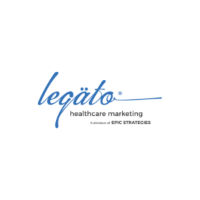PLATINUM PARTNER - Allevant
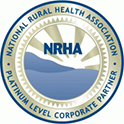
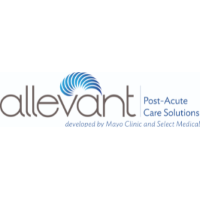
Developed by Mayo Clinic and Select Medical, Allevant Solutions offers Critical Access Hospitals a quality-centric approach to grow their patient volume and improve profitability.
What Allevant offers NRHA members…
Allevant developed by Mayo Clinic and Select Medical helps Critical Access Hospitals develop Transitional Care and Ventilator Programs that positively impact Critical Access Hospital bed days, revenues, and most importantly patient outcomes. Our services include:
- Detailed gap analysis and on-site implementation in 60 days
- Comprehensive quality and patient safety program
- Extensive multi-disciplinary clinical training and learning management system
- Quality database management for patient outcomes and reporting
- Plant, supply, and equipment recommendations
- Tele-health clinical support
- Turn-key marketing solution
The advantages we offer the rural hospital…
With our program, Critical Access Hospitals can deliver more care locally with the following advantages:
- Admit more patients directly rather than stabilize and transfer
- Minimize transfers of inpatients that experience a significant change of condition
- Become a discharge destination
- Reduce readmissions to urban hospitals
- Strengthen referral relationships
…and experience the following benefits:
- Improve patient outcomes
- Improve patient and employee satisfaction
- Enhance clinical competencies of your staff
- Increase volume, revenues and profitability
- Add new clinical services and enhance outpatient services
- Stabilize census and staffing needs
- Create larger critical mass of operations to reduce variability and costs
How we are different…
Allevant is the only company with a focus on developing Transitional Care and Ventilator Care within Critical Access Hospitals.
Currently, the majority of post-acute care is provided in skilled nursing facilities. From 1976 to 2003, hospital readmissions within 60 days of discharge increased from 23% to 31%, a relative increase of 25% over the 27-year period. (American Health Care Association Annual Quality Report, 2011)
Critical Access Hospitals are better equipped and staffed to provide a higher level of post-acute care. Allevant’s program, tools, and training helps Critical Access Hospitals compete and win.
The value to our customers…
The team we have assembled comes from both the Critical Access Hospital and Post-Acute Care environment at Mayo Clinic and Select Medical. Using innovative training and approachable techniques, they are experienced operators who will ensure a smooth transition.
How to contact us…
We are available to discuss interest in our program 24/7. Feel free to contact us anytime at the following:
Jordan Tenenbaum, Vice President
Mobile: 314-302-5373
jtenenbaum@allevant.com
Our website: www.allevant.com
Why we partner with the NRHA…
Allevant supports the NRHA with our partnership because we support the NRHA’s mission to provide leadership on rural issues through advocacy, communications, education and research.
Our mission…
Allevant Solutions will develop new pathways for exceptional post-acute care that benefits patients, providers, and communities.
How our values align with NRHA’s…
Allevant’s and the NRHA’s values associated with rural health are deeply aligned. We recognize the obstacles faced by health care providers and patients in rural areas are very different than those in urban areas which can have a very negative impact on rural health. We believe the health of rural America is vital to the health of the nation. Our values are consistent with the values of the NRHA and rural America. We value: progress, opportunity, responsibility, fairness, stewardship, leadership, and quality in all that we do.
We believe the best thing rural hospitals offer their patients and community…
Not only do CAHs provide essential services for many Americans, they also provide them well and at lower cost; the very essence of value. CAH’s outperform urban hospitals in Agency for Healthcare Research and Quality (AHRQ) culture of safety survey results and Hospital Consumer Assessment of Healthcare Providers and Systems (HCAPS) reports in all categories, including nurse and physician communication, medication explanation, recovery information, overall rating and willingness to recommend. (Kentucky Hospital Association 2013) Rural and smaller hospitals outperform larger hospitals in virtually all patient safety culture composites. (AHRQ 2012 database) (Additionally, rural hospitals consume fewer Medicare resources per capita and perform better than urban hospitals in cost efficiency measures. (Ivantage report 2012).
A little be more about us…
The concept for Allevant was developed by Dr. Mark Lindsay MD MMM, who is an Assistant Professor of Medicine at Mayo Clinic College of Medicine and Medical Director for Allevant. With Dr. Lindsay’s leadership, Mayo Clinic developed Transitional Care and Ventilator Care Programs in 11 Critical Access Hospitals and a ventilator facility. The quality and financial results experience by these CAHs and Mayo Clinic where exceptional and lead to the development of Allevant today.
The Mayo Clinic Transitional Care and Ventilator Programs leveraged existing CAH resources to provide a win for patients, a win for secondary and tertiary care centers, and a win for CAH’s.
A win for patients:
- Access to care is improved. High quality post-acute care is delivered closer to home thereby reducing travel burden on families and allowing for optimal family participation and support in the healing process
- A reduction in potentially inconvenient and often risk-prone readmissions and transitions
- Care available in all settings of program CAHs (beyond Transitional Care) was enhanced
- Patients were more likely to be discharged to optimal independence- 72% percent of Transitional Care patients were discharged to their pre-hospital stay setting, with 68% discharged home
- Only 14% of Transitional Care Patients were discharged to a SNF
- Only 6% were readmitted to an acute care hospital within 30 days
- Patients were satisfied-94% of patients rated their care as “very good” and 92% of patients reported a “willingness to recommend” the program (Lindsay 2013)
- The post-acute care quality gap was narrowed
A win for secondary and tertiary acute care hospitals:
- Costs due to hospital readmissions and extended, underfunded acute care stays were reduced
- Secondary and tertiary care hospital bed availability increased
- Referrals from tertiary Mayo Clinic Hospitals in Rochester to local Mayo Clinic Health System CAHs increased by over 500% between 2009 and 2011
The program was a win for participating CAHs:
Census in the participating CAHs dramatically increased, providing financial stability which allowed synergistic enhancement of services over time as evidenced by a 200% increase Transitional Care days from Mayo Clinic Rochester to participating CAHs and an 800% increase in respiratory patient days at participating CAHs (Lindsay 2013)
- Staff satisfaction was increased after program implementation
- Staff hours were increased
- Staff clinical competencies were enhanced
- Larger critical mass reduced variability thereby lowering costs and improving quality outcomes
- Able to deliver more care locally
- System Financial Impact 20:1
The Mayo Clinic program resulted in a significant increase in revenue for participating Mayo Clinic Health System CAHs and notable cost avoidance for referring acute care hospitals due to reduced Medicare bed days beyond the mean geometric length of stay. When evaluating the Net Revenue + Cost Avoidance/ Centralized Resources, there was an approximate 20:1 return (Lindsay 2013).

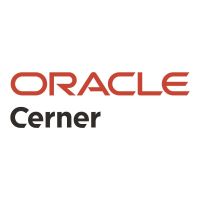
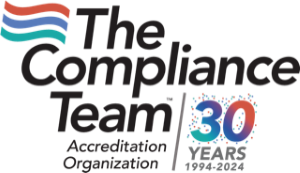
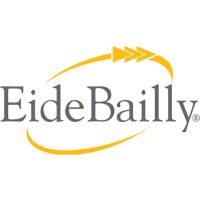
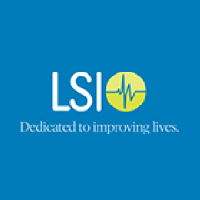
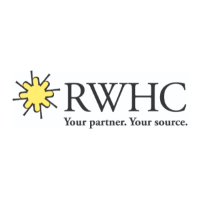
.png)
.png)
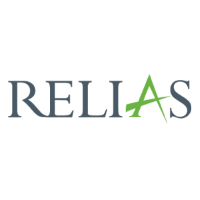
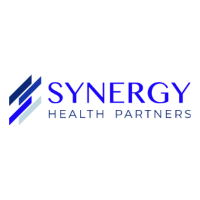
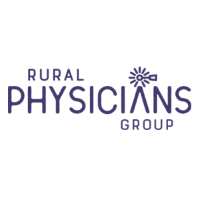
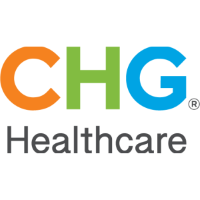
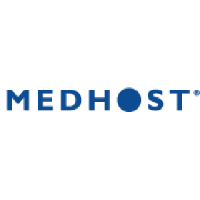



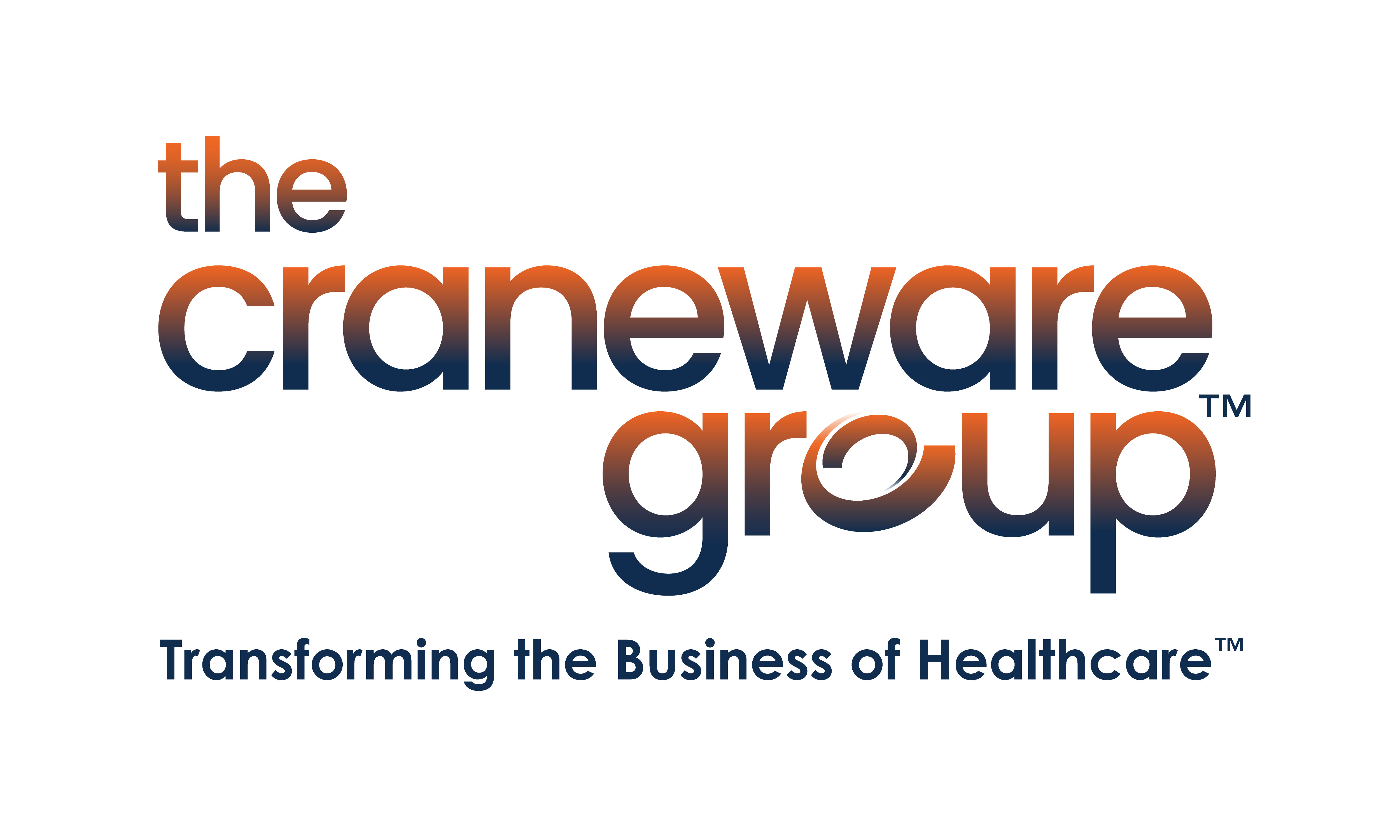
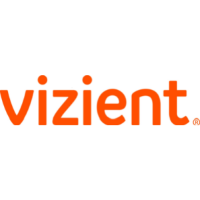




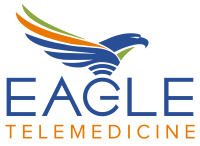

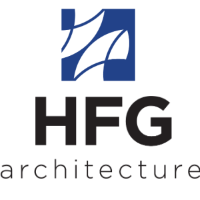
 200.png)
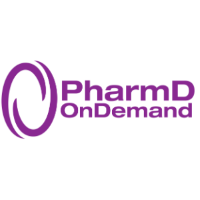
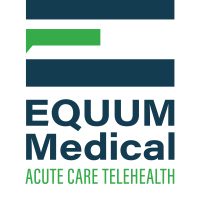

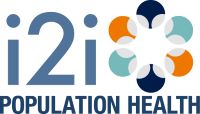









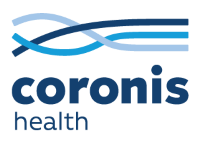
.png)

